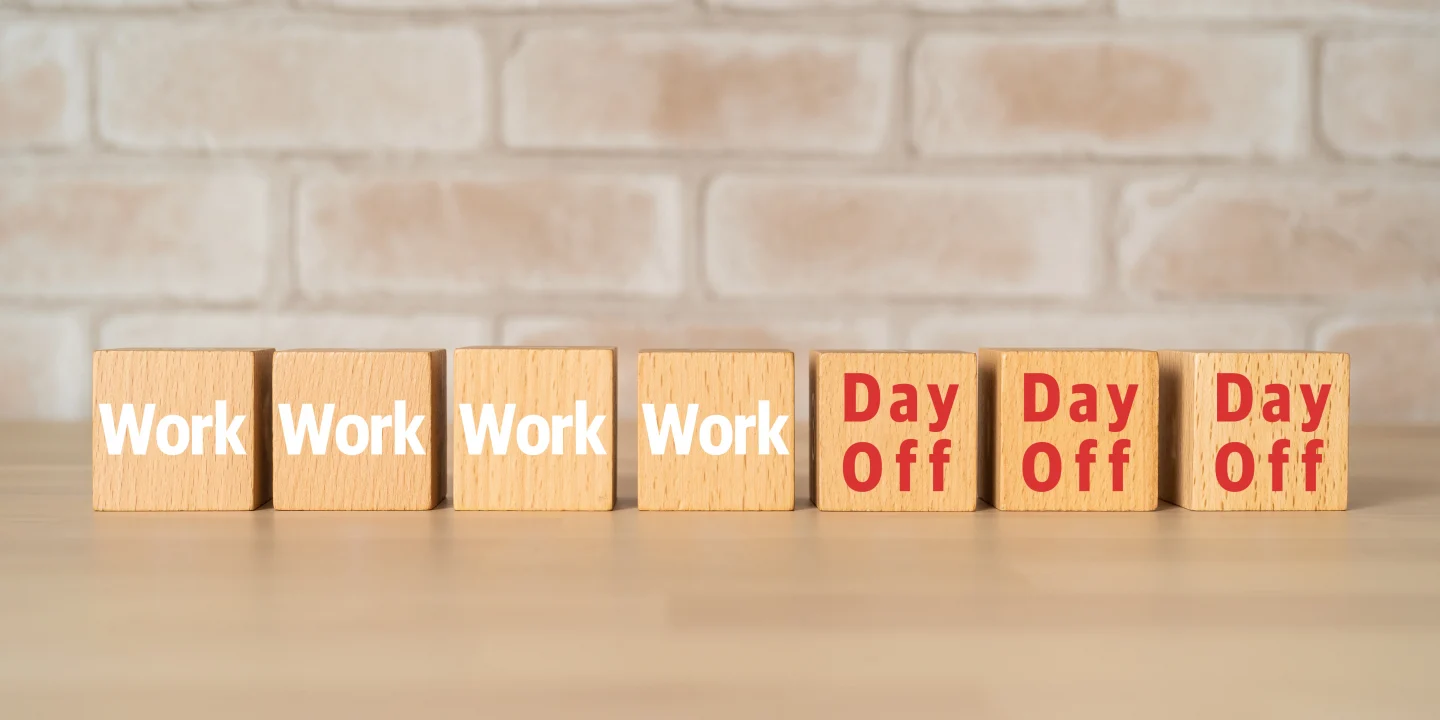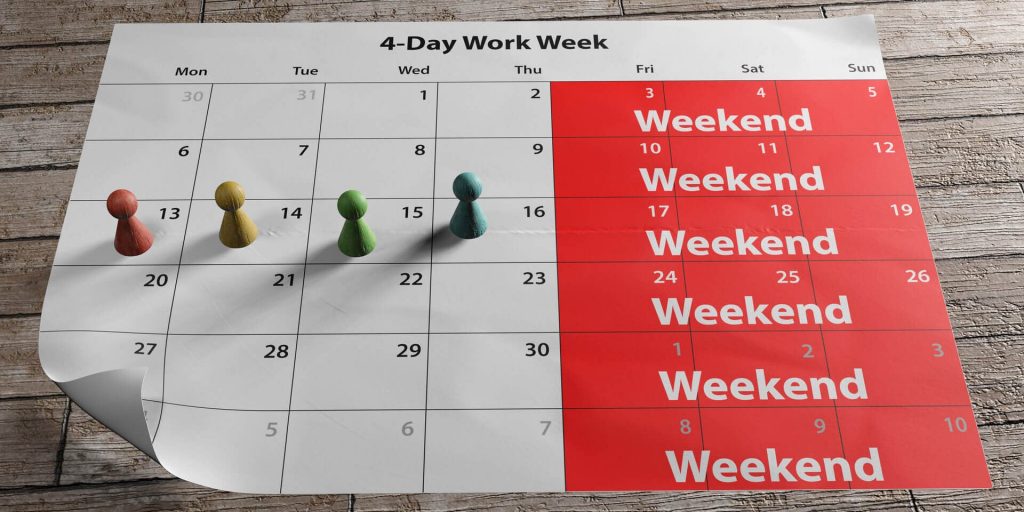
Picture this: It’s Friday afternoon, and instead of slogging through your inbox, you’re packing for a weekend getaway, or perhaps you’re snuggled up on the couch with a good book. Sounds like a dream, right? Well, for many, this could be the reality if the 4-day workweek becomes the norm. But does this magical workweek tweak actually work? Let’s dig into the latest research, sprinkled with a dash of humor.
The 4-Day Workweek: A Brief Introduction
Before we dive into the research, let’s clear up what a 4-day workweek actually means. The idea is that employees would work fewer days but still get paid the same or possibly work fewer hours overall. So, instead of the classic 9-to-5 grind from Monday to Friday, you could be working, say, four 10-hour days, or maybe four normal 8-hour days with a magical extra day off each week. Imagine having a Friday that’s actually part of your weekend!
Studies: The Evidence Is In (And It’s Looking Good!)
The Icelandic Odyssey
First up, let’s journey to Iceland, where they put the 4-day workweek to the ultimate test between 2015 and 2019. Imagine Iceland, with its breathtaking landscapes and now a reduced workweek. They had about 2,500 workers participate in this grand experiment, from office workers to social services. The goal? To see if reducing workdays would make any difference.
Findings: Spoiler alert: The results were nothing short of a workplace fairy tale. Workers reported feeling less stressed and more satisfied with their jobs. Productivity didn’t just stay the same—it actually went up in several sectors. And no, this wasn’t just the effect of the Northern Lights making everyone more cheerful.
Microsoft Japan’s Big Experiment
In August 2019, Microsoft Japan decided to shake things up with what they called the “4-day workweek Challenge.” Think of it as a corporate version of a reality TV show, but with spreadsheets instead of soap operas. They slashed working hours by 25% and crossed their fingers for good results.

Findings: The outcome was like finding an extra scoop of ice cream in your pint—unexpectedly delightful. Productivity per employee jumped by 40%. Electricity bills dropped, because, well, with fewer people in the office, fewer lights were on. Employees were happier and less stressed, and their boss probably enjoyed fewer “I’m going to quit” emails.
The UK’s 4-Day Week Campaign
Across the pond in 2022, the UK’s 4-Day Week Campaign set up its own pilot program involving over 60 companies and 3,000 employees. It was like a grand social experiment, but with fewer lab rats and more office chairs.
Findings: The results? Let’s just say if this were a movie, it’d be a blockbuster hit. Companies saw no drop in productivity and, in many cases, a noticeable increase. Employees reported reduced stress and improved mental health. And if you’re a fan of recruitment perks, the 4-day workweek became a major selling point for attracting new talent.
Benefits: Why a Shorter Workweek Might Just Be the Holy Grail
Increased Productivity
The age-old myth that more hours mean more output is being debunked. It turns out that with fewer days to do their work, employees become like productivity superheroes. With deadlines looming and a shorter workweek, people get things done faster. It’s like having a superpower, but instead of flying or invisibility, it’s the power of getting things done efficiently.
Work-Life Balance: The Holy Grail
Imagine this: Instead of counting down the hours to the weekend, you get an extra day off each week. This extra day means more time for hobbies, family, or binge-watching shows without the guilt of unfinished work. It’s like having a permanent three-day weekend, and who doesn’t want that?

Attracting Talent: The Secret Sauce
In a job market where everyone’s competing for the best talent, a 4-day workweek is like having a secret sauce. It makes your company look like the cool kid on the block, offering an enticing perk that can lure top talent and keep current employees from jumping ship.
Saving the Planet, One Day at a Time
Fewer workdays mean fewer commutes, which equals less pollution. It’s a small change that could contribute to a greener planet. So, if you’ve ever wanted to save the Earth while catching up on your favorite TV show, the 4-day workweek might just be your ticket.
Challenges: The Not-So-Fun Side
Of course, it’s not all sunshine and rainbows. Not every industry or job can easily adapt to a 4-day workweek. Some roles require constant coverage or have specific client demands. Transitioning might also need some planning to ensure workloads are manageable and everyone is on board with the new schedule.
Closing Insights
The evidence from Iceland, Microsoft Japan, and the UK suggests that a 4-day workweek could be a game-changer, offering increased productivity, better work-life balance, and even environmental benefits. It’s like finding the perfect work-life mix, where you get to enjoy your job and still have time for a life outside of work. While it might not be a one-size-fits-all solution, the research shows that a shorter workweek has some serious perks. So, whether you’re dreaming of a three-day weekend or just curious about the latest work trends, the 4-day workweek is definitely worth a closer look.














